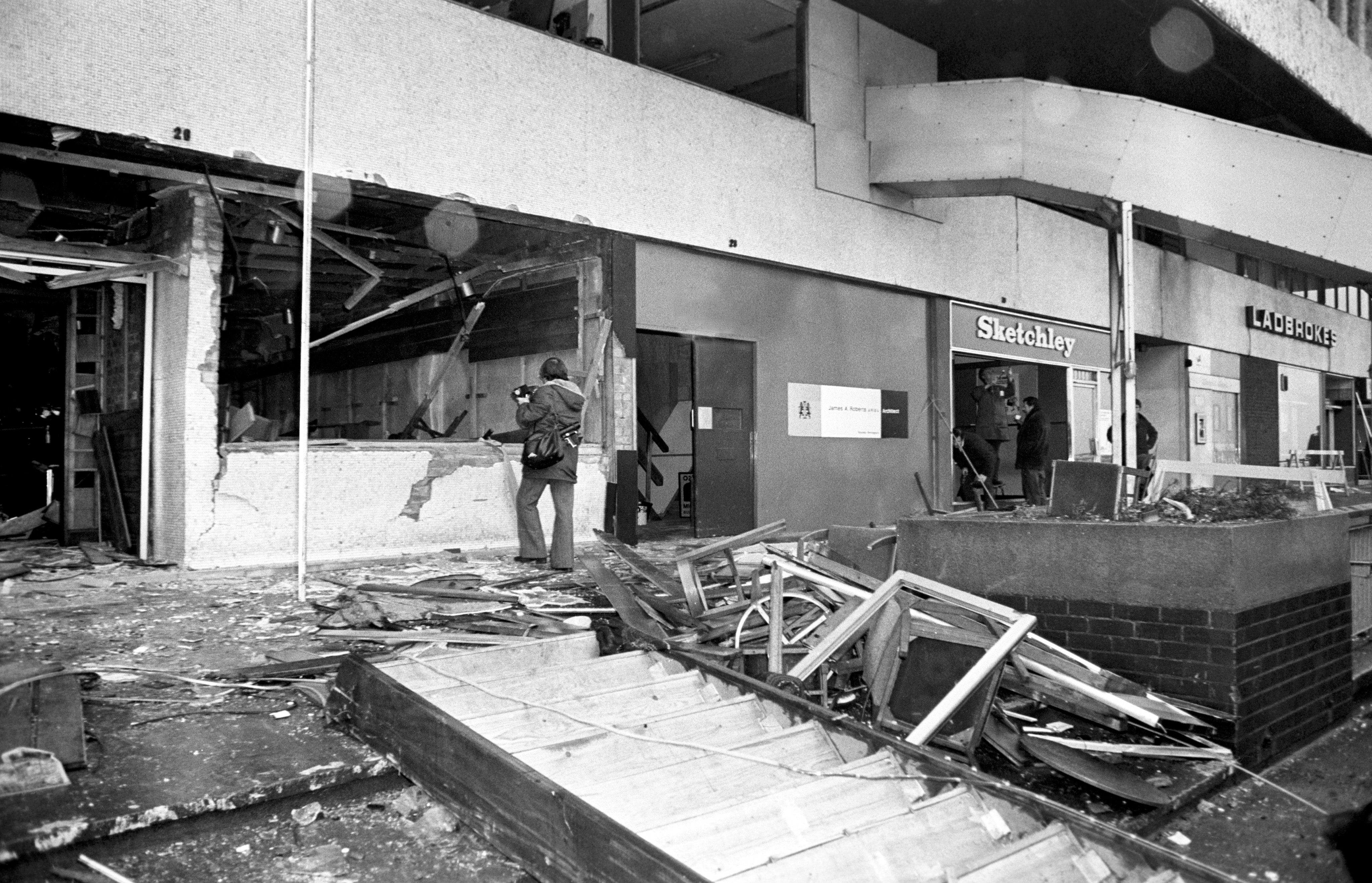Journalist to fight police bid for Birmingham bombing investigation sources
West Midlands Police is now using the Terrorism Act to bring the production order application.

A journalist who investigated the 1974 Birmingham pub bombings is expected to fight a police bid to force him to reveal his sources.
On Friday, Chris Mullin, 74, will challenge an application by West Midlands Police to require him to disclose source material dating back to his investigation in 1985 and 1986.
In his book Error Of Judgement, and a series of documentaries, Mr Mullin, a former MP and minister, helped expose one of the worst miscarriages of justice, leading to the release of the Birmingham Six after their convictions were quashed in 1991.
West Midlands Police is now using the Terrorism Act to bring the production order application.
Mr Mullin, who is being supported by the National Union of Journalists, will argue that disclosure would be a fundamental breach of the principle that journalists are entitled to protect their sources.
He said: “If West Midlands Police had carried out a proper investigation after the bombings, instead of framing the first half-dozen people unlucky enough to fall into their hands, they might have caught the real perpetrators in the first place.
“It is beyond irony. They appear to have gone for the guy who blew the whistle.”
Michelle Stanistreet, NUJ general secretary, said: “The principle of protecting your source and keeping your word when confidentiality is pledged is a vital one for all journalists and lies at the heart of the NUJ’s Code of Conduct.
“The case brought by West Midlands Police risks compromising that core principle and undermining press freedom which is why the NUJ stands four-square behind Chris and is backing this case.”
The Recorder of London Judge Mark Lucraft will consider the application on Friday morning at the Old Bailey.
Members of the press are expected to apply for the hearing to be held in open court, rather than behind closed doors.
Earlier this week, the Society of Editors voiced concern about the possibility of an issue of “immense public interest” being heard in secret.
Dawn Alford, executive director of the Society said: “The decision to move to ban reporters from Friday’s hearing at the Old Bailey is deeply worrying given the immense public interest in Mullin’s upcoming challenge.
“Not only is it essential that the actions of the police in this case are open to public scrutiny, but the case also threatens one of the most important and fundamental principles of journalism codes of conduct.”
Twenty-one people were killed in the bomb attack on two pubs in Birmingham on November 21 1974.
